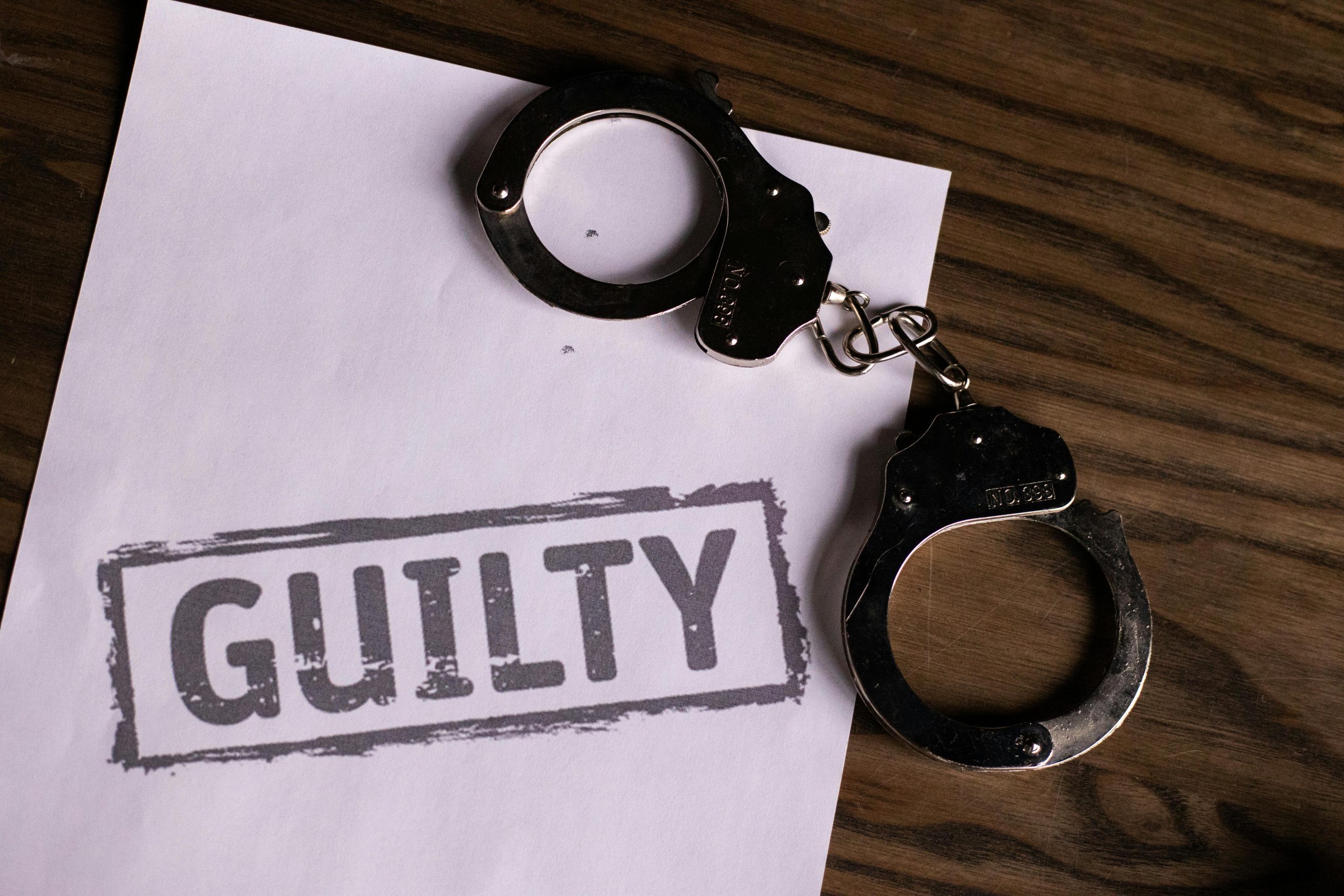Domestic violence is a serious and widespread issue that affects individuals and families across all demographics. It involves abusive behavior used by one partner to gain or maintain control over another partner in an intimate relationship. But beyond the emotional and physical harm, many people ask a crucial question: Is domestic violence a felony?
The answer is complex and varies by jurisdiction, the severity of the act, prior criminal history, and other circumstances. This article breaks down what you need to know about how domestic violence is classified under the law, when it rises to the level of a felony, and what the legal consequences may include.
What Is Domestic Violence?

Domestic violence encompasses a range of abusive behaviors, including:
- Physical abuse: Hitting, slapping, pushing, or any form of physical harm
- Emotional abuse: Intimidation, manipulation, and controlling behavior
- Sexual abuse: Forcing or coercing sexual activity without consent
- Financial abuse: Controlling access to money or employment
- Psychological abuse: Threats, isolation, and verbal assaults
It is not limited to romantic relationships. Domestic violence can occur between spouses, former partners, family members, or roommates.
Is Domestic Violence a Felony or a Misdemeanor?
Domestic violence can be charged as either a misdemeanor or a felony, depending on several key factors:
When Is Domestic Violence a Misdemeanor?
In most jurisdictions, first-time offenses that result in minor injuries are often charged as misdemeanors. Examples include:
- Slapping or pushing without causing lasting harm
- Verbal threats without physical follow-through
- Property damage without direct injury
Penalties for misdemeanor domestic violence may include:
- Up to 1 year in jail
- Fines
- Probation
- Mandatory counseling or anger management programs
- Restraining orders
When Does Domestic Violence Become a Felony?
Domestic violence is more likely to be charged as a felony under the following circumstances:
- Severe bodily injury to the victim
- Use of a weapon during the incident
- Strangulation or suffocation
- Violation of a protective or restraining order
- Repeat offenses or a prior criminal record
- Presence of children during the abuse
Felony charges carry much more severe penalties, which may include:
- Multiple years in state prison
- Higher fines
- Long-term or lifetime restraining orders
- Permanent criminal record
- Loss of firearm rights
- Loss of child custody
How Do States Classify Domestic Violence Crimes?
Each state in the U.S. has its own set of laws governing domestic violence. While the general definitions and penalties are similar, the way each state classifies and handles these cases can differ.
Examples from Selected States:
- California: Domestic violence may be charged as a “wobbler,” meaning it can be a misdemeanor or felony depending on the details. A charge of “corporal injury on a spouse or cohabitant” (Penal Code 273.5) can be a felony if serious injury is involved.
- Texas: Domestic violence becomes a felony if the suspect has previous convictions or if the assault involved choking or weapons.
- Florida: Aggravated battery against a family member is a felony and can result in up to 15 years in prison.
- New York: Felony charges apply when physical injury is significant or if there is a pattern of abuse.
What Happens After a Domestic Violence Felony Charge?

If someone is arrested and charged with felony domestic violence, the legal process typically includes:
- Arraignment: The accused is informed of the charges and enters a plea.
- Bail hearing: A judge may set bail or deny release depending on the severity.
- Pretrial proceedings: This may include discovery, negotiations, or motions.
- Trial or plea deal: The case may go to trial, or a plea agreement may be reached.
- Sentencing: If convicted, the defendant will receive a sentence based on state guidelines.
Can Domestic Violence Felony Charges Be Dropped or Reduced?
Yes, but not easily.
- Victim’s request: In some cases, a victim may ask to drop charges, but the final decision is made by the prosecutor.
- Lack of evidence: Charges may be dropped if there is insufficient evidence to proceed.
- Plea bargains: Felony charges may be reduced to misdemeanors if the accused accepts a plea deal.
Keep in mind that domestic violence is often considered a “no drop” offense in many jurisdictions, meaning prosecutors can proceed even if the victim no longer cooperates.
Long-Term Consequences of a Felony Domestic Violence Conviction
A felony conviction for domestic violence has long-term consequences that go beyond jail time or fines. These can include:
- Criminal record: A permanent mark that affects job opportunities and housing
- Loss of civil rights: Including the right to vote or own firearms
- Immigration consequences: Deportation or denial of citizenship for non-citizens
- Family law impact: Custody rights may be limited or revoked
- Professional consequences: Suspension or loss of professional licenses
These consequences can follow a person for years and affect nearly every aspect of life.
Can a Domestic Violence Felony Be Expunged?
In some cases, it is possible to have a domestic violence felony expunged, but eligibility depends on:
- The state’s expungement laws
- The nature and severity of the offense
- Whether all sentencing requirements were completed
- The amount of time that has passed since conviction
Violent felonies, especially those involving serious injury or repeat offenses, are often ineligible for expungement.
What Should You Do If Facing a Domestic Violence Charge?
If you or someone you know is facing domestic violence charges—whether misdemeanor or felony—it’s critical to take them seriously. Here’s what to do:
- Hire an experienced criminal defense attorney immediately
- Comply with all court orders including restraining orders and no-contact rules
- Avoid communication with the alleged victim unless approved by the court
- Attend all scheduled hearings and proceedings
- Complete any court-mandated programs or counseling
Taking early, responsible steps may improve outcomes in court and show the court that you are taking the matter seriously.
Final Thoughts: Is Domestic Violence a Felony?
The short answer is: Yes, domestic violence can be a felony, depending on the circumstances. The legal system considers repeat offenses, the level of harm, and aggravating factors like weapons or children present during the incident. Being charged with felony domestic violence has serious and lasting legal, personal, and social consequences.
Whether you’re a victim seeking justice or someone accused of abuse, it’s essential to understand the law and know your rights. Legal outcomes vary based on state laws and individual case details, so consulting with a qualified attorney is the best course of action.







